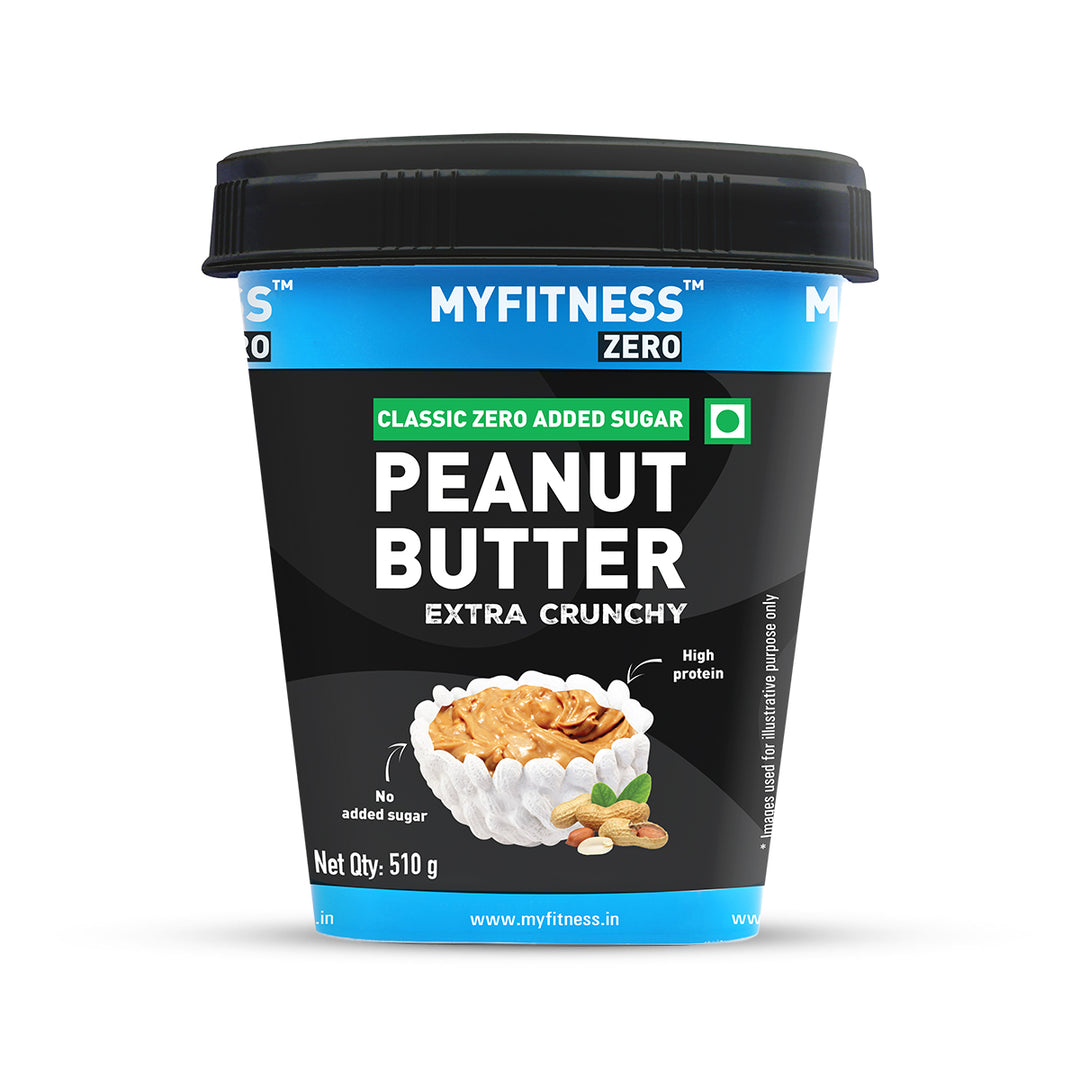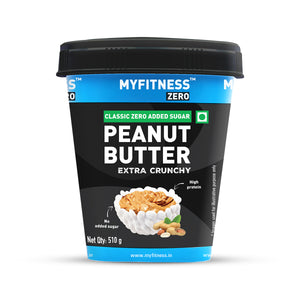How to choose a healthy Peanut Butter?
When it comes to choosing healthy food, there are a variety of factors to consider. From the nutritional content of the food to the environmental impact of its production, it can be overwhelming to try to make the best choice for our bodies and the planet. One food that has garnered a lot of attention in recent years is peanut butter, with many people wondering whether it is a healthy choice or not. In this article, we will explore the various factors to consider when choosing healthy peanut butter, as well as provide a healthy peanut butter recipe and discuss the benefits of eating peanut butter.
First and foremost, let's address the question- is peanut butter healthy? The answer is yes, however it depends on the type of peanut butter you pick. Most commercial brands of peanut butter are highly processed and often contain unhealthy added oil. These types of peanut butter should be avoided if you are trying to choose a healthy option. On the other hand, natural peanut butter that is made from just peanuts and maybe a small amount of salt is a much healthier choice. It is important to read labels and choose a brand that has minimal ingredients.
Another factor to consider when choosing healthy peanut butter is the source of the peanuts. Many commercial peanut butters are made from genetically modified peanuts, which have been modified to be resistant to pests and disease. While there is debate about the safety of genetically modified foods, some people may prefer to avoid them for personal or environmental reasons. To ensure that you are choosing a peanut butter made from non-GMO peanuts, look for a brand that is certified organic or carries a non-GMO verified label.
In addition to the type and source of the peanuts, it is also important to consider the environmental impact of peanut butter production. Peanut farming can be resource-intensive and contribute to soil erosion and water pollution. To choose a more environmentally friendly option, look for a brand of peanut butter that is made from peanuts that are grown using sustainable farming practices. This could include brands that use organic farming methods, which aim to reduce the use of synthetic pesticides and fertilizers, or brands that use regenerative agriculture practices, which aim to improve soil health and sequester carbon.
Now that we've discussed some of the factors to consider when choosing healthy peanut butter, let's move on to the benefits of eating peanut butter. Peanut butter is a good source of plant-based protein and healthy fats, making it a great choice for vegetarians and vegans who may have difficulty getting enough of these nutrients from other sources. It is also a good source of fiber, which can help you feel satiated & satisfied. Peanut butter also contains a variety of vitamins and minerals, including vitamin E, potassium, and magnesium.
One of the most well-known benefits of peanut butter is its ability to help lower the risk of heart disease. This is because of the monounsaturated fats found in peanut butter, which are known to help lower cholesterol levels. Peanut butter is also a good source of antioxidants, which keeps you protected against oxidative stress and reduces the risk of chronic diseases.
In conclusion, when it comes to choosing healthy food, there are a variety of factors to consider, including the nutritional content of the food, the source of the ingredients, and the environmental impact of its production. Moreover, it is important to choose a natural, non-GMO brand made from peanuts that are grown using sustainable farming practices.
You can also try MyFitness peanut butter if you are looking for delicious peanut butter. We are the best-selling peanut butter in India and are the first brand in the world to have a crispy variant of peanut butter.















